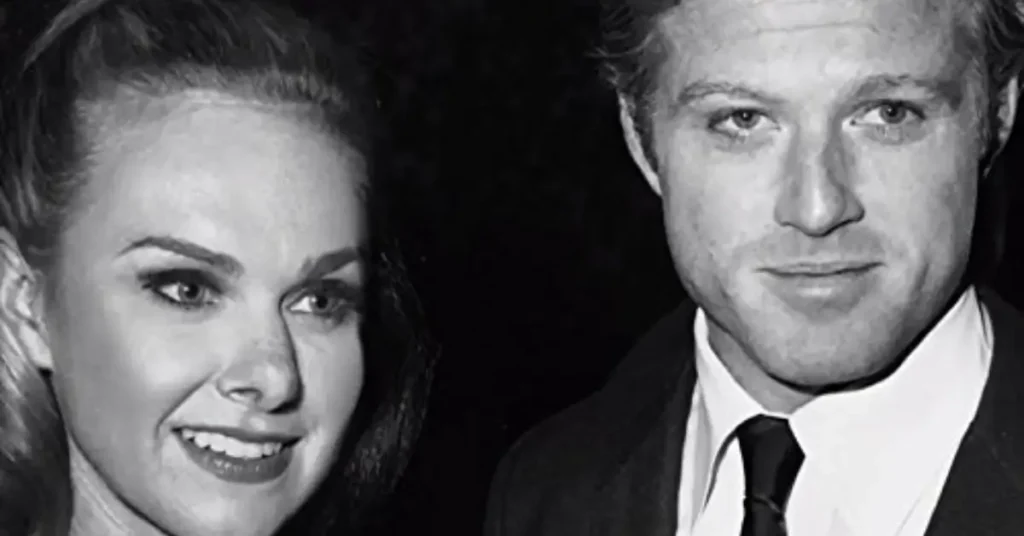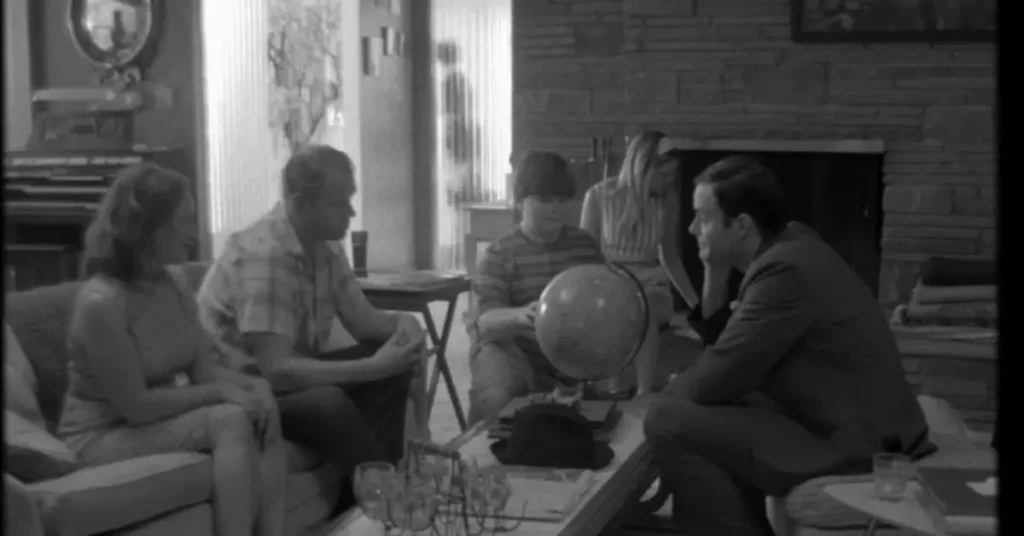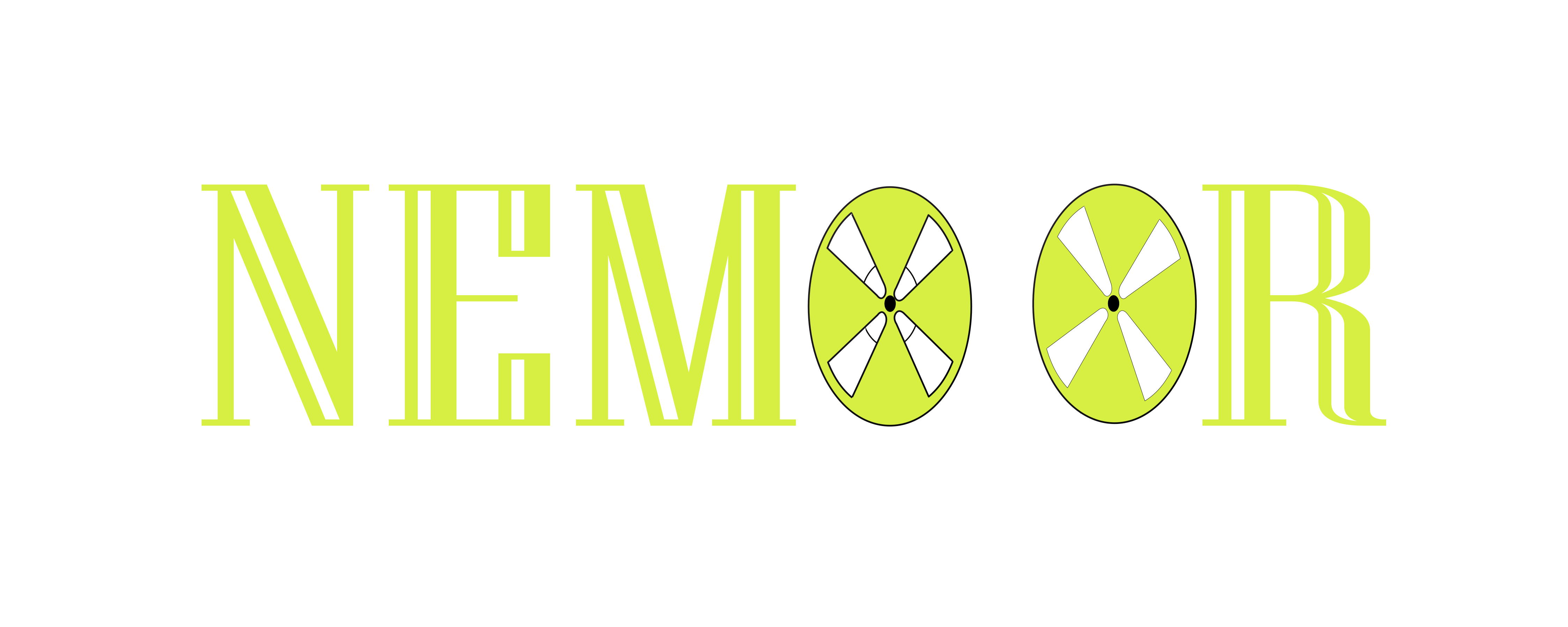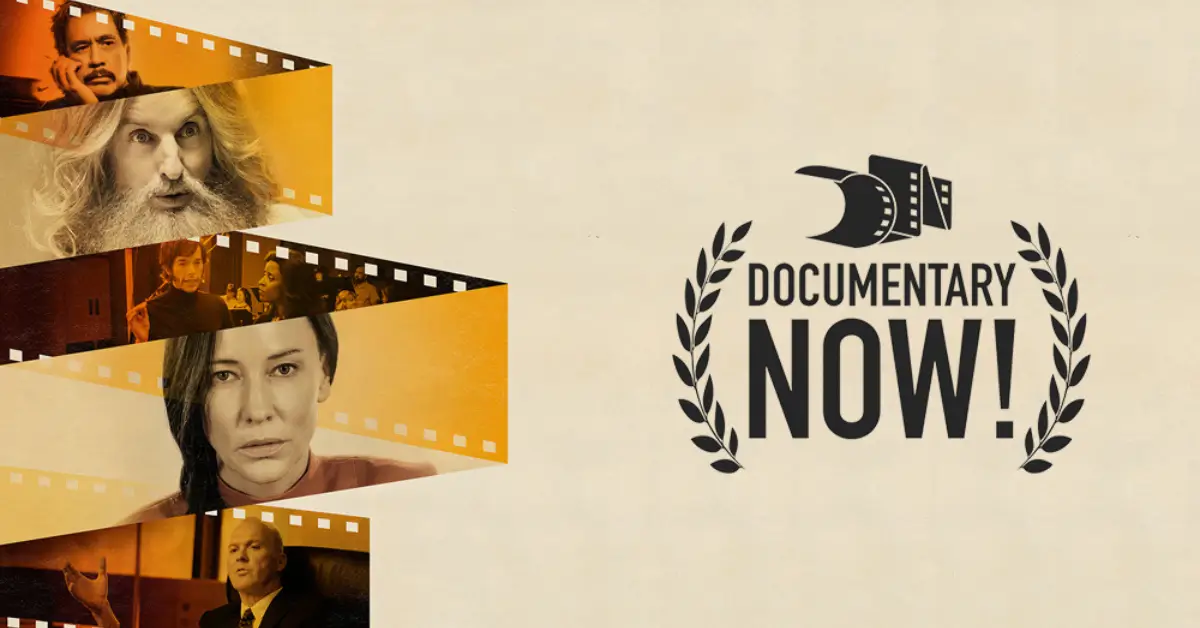Satirical Sanity: Mental Health Themes in ‘Documentary Now!’
In the landscape of television comedy, few shows approach the intersection of humor and human psychology with the sophisticated nuance of Documentary Now! This IFC series, while primarily celebrated for its pitch-perfect parodies of iconic documentaries, frequently delves into profound explorations of mental health through its character studies. By mimicking documentary formats that inherently examine human behavior, the series creates a unique platform to explore psychological themes with both humor and surprising depth.
Thank you for reading this post, don't forget to subscribe!Basic Series Information
Title: Documentary Now!
Release Years: 2015-present
Creators: Fred Armisen, Bill Hader, Seth Meyers, and Rhys Thomas (Former SNL collaborators with extensive comedy backgrounds)
Writers: Various (Including specialized comedy writers rather than mental health experts)
Main Cast & Recurring Performers:
- Fred Armisen (Various characters exhibiting psychological complexities)
- Bill Hader (Characters often displaying anxiety, obsession, and other mental health dimensions)
- Helen Mirren (Host who introduces each “documentary” with academic gravitas)
- Guest stars including Cate Blanchett, Owen Wilson, Michael Keaton portraying characters with psychological depth
Genre: Comedy, Mockumentary, Satire
Awards: Multiple Emmy nominations, Critics’ Choice Television Award nominations
Rating: TV-14 (Mature themes, language)

Series Overview
General Summary:
Documentary Now! presents itself as a long-running documentary showcase celebrating its “51st season” with each episode parodying famous documentary films or styles. Beyond the technical precision of its parodies, the series excels at creating complex characters whose psychological states are examined through the documentary lens ranging from eccentric artists and musicians to political figures and ordinary people with extraordinary obsessions.
Mental Health Themes:
Across its episodes, the series explores numerous psychological conditions and states:
- Narcissistic personality traits and pathologies
- Obsessive-compulsive behaviors
- Depression and isolation
- Performance anxiety and imposter syndrome
- Group psychology and cult mentality
- Professional burnout
- Creative process as therapy
- Identity formation and dissolution
Key Episodes Highlighting Mental Health:
- “Sandy Passage” (Grey Gardens parody) – Examining isolation and codependency
- “Gentle & Soft: The Story of the Blue Jean Committee” – Exploring creative partnership psychology
- “Parker Gail’s Location Is Everything” – Unreliable narration and memory distortion
- “Globesman” – Depression and isolation in professional environments
- “Original Cast Album: Co-Op” – Performance anxiety and creative pressure
- “Waiting for the Artist” – Narcissism and validation in creative fields
Narrative Approaches:
Rather than offering explicit resolution to psychological struggles, Documentary Now! often presents them as inherent aspects of its characters’ identities and creative processes. The mockumentary format allows for psychological exploration without requiring therapeutic conclusions, instead presenting complex portraits that invite viewer interpretation.

Setting & Cinematic Techniques
Visual Environments:
The series meticulously recreates the visual language of various documentary styles, with each providing unique frameworks for exploring mental states:
- Cinéma vérité for raw emotional exposure
- Talking head interviews revealing cognitive dissonance
- Archival footage techniques for examining personal history
- Performance documentation highlighting psychological pressure
Cinematography:
The show employs precise visual techniques to enhance psychological portrayal:
- Uncomfortably long takes revealing emotional states
- Hand-held camera work during moments of psychological instability
- Period-appropriate film grain and artifacts creating emotional distance or intimacy
- Framing choices that isolate characters within their environments
Sound Design:
The audio approach frequently supports psychological themes:
- Silence emphasizing internal states
- Musical score transitions reflecting emotional shifts
- Documentary-style ambient sound highlighting environmental stressors
- Voice-over revealing cognitive processes and rationalizations
Acting & Character Portrayal
Performance Highlights:
The series showcases remarkable character work that brings psychological complexity to comedic portrayals:
- Bill Hader’s portrayal of various anxious, obsessive personalities with nuanced physical manifestations
- Fred Armisen’s exploration of narcissistic traits and social awkwardness
- Cate Blanchett’s performance as performance artist Izabella Barta, capturing narcissism and vulnerability
- Michael Keaton and Owen Wilson’s depiction of codependent creative partnership
Authenticity Assessment:
While operating within comedy and parody, the performances often achieve surprising psychological realism. The actors frequently avoid broad caricature in favor of subtle behavioral choices that genuinely reflect psychological states showcasing the thin line between eccentricity and mental health struggles.

Mental Health Representation: Strengths & Weaknesses
Psychological Accuracy:
The series doesn’t explicitly consult mental health professionals, yet frequently demonstrates insightful understanding of psychological motivations. Its strength lies in presenting mental health not as isolated clinical conditions but as dimensions of complex personalities shaped by environment, profession, and era.
Stigmatization vs. Awareness:
Documentary Now! navigates a delicate balance finding humor in psychological eccentricity without explicitly mocking mental illness. It generally avoids clinical terminology in favor of character-driven behavior that reveals psychological dimensions without labeling them.
Impact on Perception:
By embedding psychological complexity within comedy, the series potentially normalizes discussing mental health through its characters. The documentary format creates a unique distancing effect that allows viewers to observe psychological patterns from an analytical perspective while still engaging emotionally.
Critical Reception & Cultural Response
Critical Analysis:
Critics have praised the series for its psychological depth beyond its technical parody achievements. Reviews frequently note how the comedy is enhanced by truthful character studies rather than diminished by them.
Audience Reaction:
The show has developed a cult following particularly among viewers who appreciate its sophisticated approach to character psychology. Mental health professionals have occasionally referenced episodes in discussions about how media portrays psychological complexity.
Cultural Impact:
While smaller in viewership than mainstream comedies, Documentary Now! has influenced comedy’s approach to character psychology, demonstrating that deeply flawed, potentially diagnosable characters can be sympathetic, complex, and funny without resorting to mockery of mental health conditions.
Social Significance
Conversations Generated:
The series prompts discussions about:
- The relationship between creativity and psychological states
- How documentary formats frame our understanding of “eccentric” behavior
- The ethics of finding humor in psychological dysfunction
- Historical perspectives on what was once considered “odd” versus clinical
Influence on Television:
Documentary Now! has contributed to television’s growing comfort with complex psychological portrayal in comedy, influencing shows that blend humor with authentic character studies of psychological depth.
Indirect Advocacy:
While not created as mental health advocacy, the show’s nuanced approach to psychological complexity potentially contributes to destigmatization by presenting mental health as a spectrum that touches all lives rather than as an “other” category.
Personal Reflection
Documentary Now! offers remarkable insight into how comedy can explore psychological complexity without exploitation. The series excels at finding the humanity in seemingly “strange” behavior, inviting viewers to recognize patterns they might share with these exaggerated characters.
I would recommend this series to those interested in mental health representation, with the understanding that it approaches psychology through a comedic lens rather than a clinical one. The parody format creates a useful distance for examining behaviors that might otherwise be uncomfortable to confront directly.
The portrayal could be improved by:
- Occasionally addressing more direct mental health themes beyond eccentricity
- Including more diversity in its psychological portrayals
- Providing some examples of healthy coping mechanisms alongside the dysfunction
Conclusion
Documentary Now! stands as a uniquely sophisticated exploration of human psychology within comedy television. By adopting the documentary lens a format inherently designed to examine human behavior it creates a framework where psychological complexity becomes a natural focus rather than a special topic.
The series demonstrates that effective comedy need not rely on simplistic or stigmatizing portrayals of mental health differences. Instead, it finds humor in recognition the shared understanding that all humans exist somewhere on a psychological spectrum, navigating their particular quirks, challenges, and coping mechanisms.
What are your thoughts on how Documentary Now! portrays psychological complexity through its character studies? Have particular episodes or characters resonated with your understanding of mental health? Share your perspective in the comments below.

